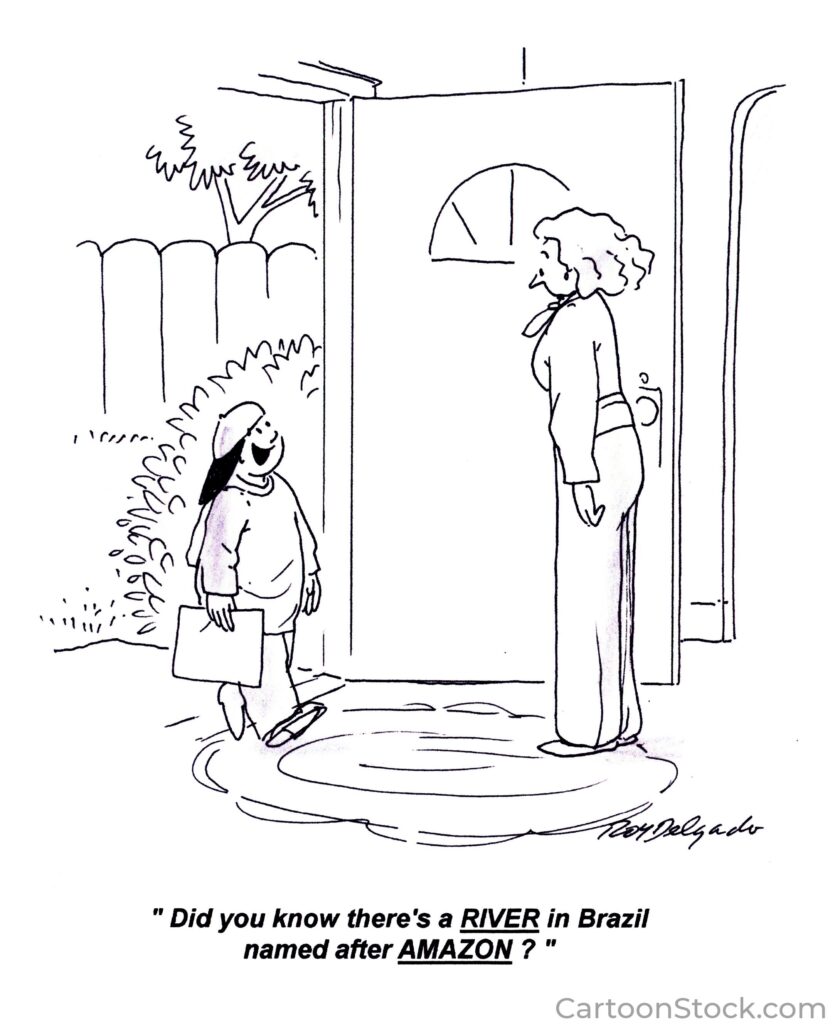
At the end of the day, we typically begin casual conversations by asking “What did you do today?” Another good question is, “What did you learn today?”
Everyone has a quick answer to the first question, even if it’s just “not much.” But most of us would stumble over the second question because we seldom consider learning to be a daily function. We’d be confused by the question and hard-pressed to answer.
But if asked regularly, the question can serve as a reminder, and a prompt, that all through life and in all settings, we can, and should, continually learn.
We have much to learn.
“We all differ in what we know, but in infinite ignorance, we are all equal.” Karl Popper
Few things will stifle learning more than intellectual arrogance accompanied by a false sense of knowing-it-all. Sadly, some people live as if they have maxed out their learning—there’s little more to learn, do, or become. Instead, we should view ourselves as unfinished—a work in progress. We all live in what Popper calls the realm of “infinite ignorance.” A healthy, proper approach to learning is predicated upon a deep humility based on the fact that we know and understand so little.
Imagine a grain of rice inside a five-gallon bucket. The grain of rice represents what you currently know; the space in the bucket represents what you could learn.
Develop an enquiring mind; be curious.
But admitting that we have a lot to learn is not enough, we must have a curious, inquiring mind.
Albert Einstein once said, “I have no special talent. I am only passionately curious.” I think he was being excessively modest in the first phrase, but notice his emphasis on curiosity in the second. An engaged, curious mind is supple, eager, and insatiable.
Learn from other people.
Secondhand knowledge allows us to benefit from what others have learned. What may have taken someone years to learn (and often through formidable adversity), we can learn quickly and painlessly. One way to do this is to read other people’s thoughts—read 15 minutes a day and think about what you read. Another way to learn from others is through observation and intentional conversation. Lean by listening to and observing others. We can learn from anyone, regardless of their background, education, age, or occupation.
Learn from your own experiences.
Firsthand knowledge comes from personal experiences. Every day, life offers us the opportunity for continuing education. But we’ll only learn if we’re attentive and wanting to learn. The next time you go shopping or eat at a restaurant, or mow your lawn, anticipate that you’re going to learn something and you will.
Years ago I developed a simple equation to express how we can learn from experiences: the 10/60/30 concept. This notion suggests that in all of life’s experiences you should devote a certain percentage of your time to three elements: anticipate (perhaps 10%), experience (perhaps 60%), and reflect (perhaps 30%). The percentages can be adjusted for different activities.
For instance:
- When reading a book—spend a few minutes anticipating what you hope to learn from the book, read the book, and then reflect on what you have learned. This ration might be 5/60/35.
- Prior to a business appointment—think about what you hope to accomplish in the meeting, have the meeting, and then reflect on what transpired and the next steps of action. These percentages might be 15/65/20.
- Prior to a vacation—research where you’re going, bon voyage, and at the end of each day codify your thoughts in a journal. These percentages might be 10/70/20.
Tonight, during dinner, ask everyone to share what they learned today. It will prompt interesting conversation.
Let me ask you, “What did you learn today?” Try to have a new answer to that question every day.

I am reading the book “Storm Clouds Rolling In” by Ginny Dye about the Civil War . I have learned the south had alot of problems trying to run their plantations when their slaves were running away. The North were encouraging them to do so. This was 1860 and 1861. It is hard for me to put it down because it is so interesting.
Bonnie, isn’t it great to find a book that’s hard to put down. I’m currently reading The Culture Code by Coyle. I try to find minutes throughout the day to continue reading. Take care, Don
Poignant, Don, especially to my age group… Retirees in their 70s.
I’m a Crossing Guard for 5th-6th graders…each morning I present 3 Middle School Trivia questions.
Just imagine how much I’m learning in a week, looking stuff up each day! What fun!
Don, I admire what you’re doing…so much. I like the phrase “live till you die”, so I appreciate older people who stay connected and busy. Here’s a joke to tell your 5th-6th graders: Do you know why most horses are happy and well-adjusted? Because they were born in a stable environment.
I like your question, “What did you learn today?” In my case, I likely should also apply some things better. Will I? Don’t count on it, as I still think I should have full health and tend to press on accordingly (not always so wise). But in reality, I did learn to be more mindful of certain limitations. (I said, “certain” because I’m obviously not there yet!)
Jan, keep on keeping on. I like the phrase “I’m going to live until I die.”